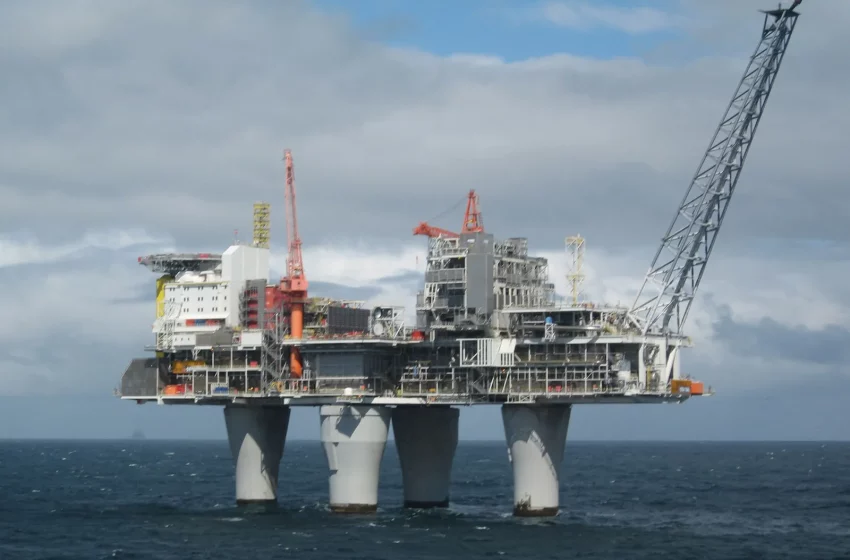U.S. Crude Daily Average Production Falls in December as Bakken Leads Pullback
IEA Warns of Global Gas Supply Strain Amid Rising Demand, Geopolitical Tensions

The International Energy Agency (IEA) has expressed concerns about possible gas supply challenges due to rising global consumption and ongoing geopolitical tensions as winter approaches.
In its latest report, the IEA highlighted that industrial demand, particularly from Asia, is driving a significant increase in gas consumption.
The agency predicts that global gas demand will rise by over 2.5% this year, reaching a record 4,200 billion cubic metres.
Additionally, the IEA expects global gas demand to grow by a further 2.3% by 2025.
A major uncertainty for Europe as winter nears is the continuation of Russian gas transit through Ukraine, the agency noted. Existing contracts are set to expire by the end of 2024, potentially halting all Russian gas deliveries to Europe via this route.
To compensate for this, Europe will need to increase its imports of liquefied natural gas (LNG) next year, the IEA added. However, this would put further strain on global supplies, as LNG plays a key role in balancing supply and demand.
The IEA pointed out that while shipping bottlenecks in the Panama Canal and the Red Sea are causing delays, they have not yet impacted LNG supplies.
Nevertheless, these disruptions expose vulnerabilities in the LNG trade within a more interconnected global gas market. The agency called for greater flexibility in gas and LNG value chains and emphasised the need to incorporate Ukraine’s gas storage system into the global supply network.
Keisuke Sadamori, the IEA’s director for energy markets and security, stated that the expected growth in global gas demand this year and next marks a slow recovery from the energy crisis that heavily disrupted markets.
He cautioned, however, that the balance between supply and demand remains delicate and prone to volatility, stressing the importance of close cooperation between producers and consumers.
Background
Geopolitical tensions have escalated recently due to the intensifying conflict between Israel and Hamas, which now threatens to escalate into a larger conflict with Iran. This follows the assassination of a Hezbollah leader in Lebanon by Israel, heightening tensions with Iran.
This conflict adds to the more than two-year war between Russia and Ukraine in Eastern Europe.
Impact on Nigeria
Approximately 70% of Nigeria’s electricity is generated from gas, an international commodity priced in dollars. Disruptions in the global supply chain and rising demand could lead to higher gas prices, which may, in turn, increase electricity tariffs in Nigeria.






